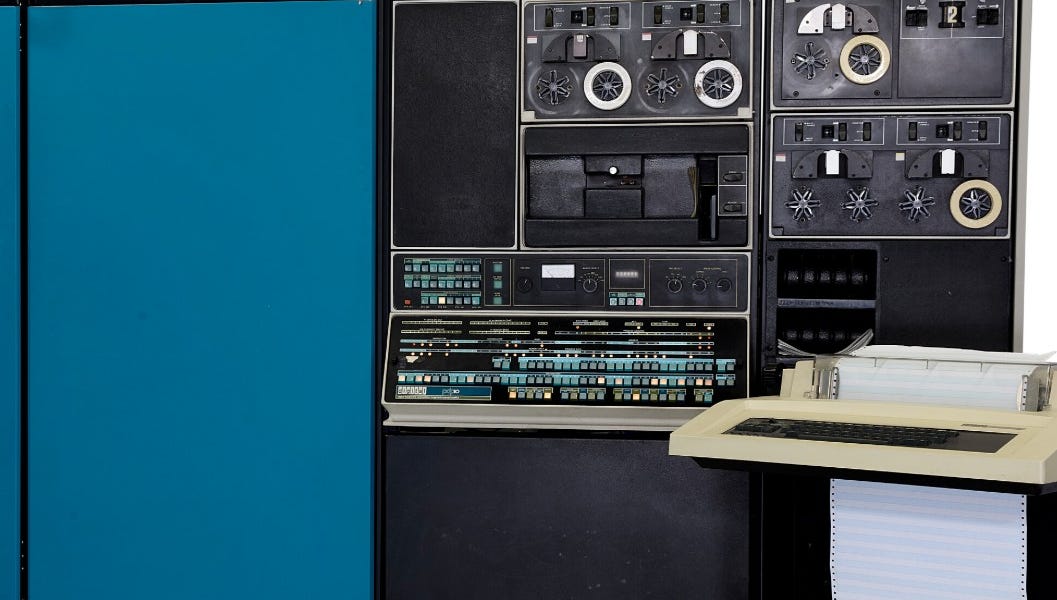Communication Systems form the backbone of modern digital infrastructure—from mobile networks and satellite links to Wi-Fi and optical fibers. Whether you're an electrical engineering student, a computer science enthusiast, or a self-learner pursuing deeper knowledge, this guide curates the most highly recommended resources to help you self-study Communication Systems effectively and rigorously.
📘 1. Textbooks You Shouldn't Skip
These books are widely regarded as classics in the field—ideal for deep conceptual understanding and mathematical rigor.
- ✔️ Principles of Communication Systems by Herbert Taub & Donald Schilling
- Foundational with clear explanations and detailed derivations.
- Great for first-time learners and thorough review. - ✔️ Communication Systems by Simon Haykin
- A gold standard for undergrad and grad-level courses.
- Emphasizes theory with practical examples, including modern topics. - ✔️ Digital and Analog Communication Systems by Leon W. Couch
- Beginner-friendly, visually supported explanations.
- Excellent supplement if you find Haykin too dense.
🎓 2. Free University Courses (Video Lectures)
- ✔️ MIT OpenCourseWare – 6.011 Signals, Systems and Inference
- Taught by Prof. Alan Oppenheim, a signal processing legend.
- Covers key foundations and modern systems with assignments and exams. - ✔️ NPTEL – Communication Systems by Prof. Aditya K. Jagannatham (IIT Kanpur)
- Well-structured and detailed, great for GATE prep.
- Covers AM/FM, sampling, quantization, and more. - ✔️ Stanford – EE261: The Fourier Transform and Its Applications by Prof. Brad Osgood
- Essential for understanding modulation and filtering.
- Conceptually rich and accessible for all learners.
🔧 3. Simulation & Practice Tools
- ✔️ MATLAB & Simulink
- Industry-standard simulation tool.
- Try the official MATLAB Onramp and build modulation/BER projects. - ✔️ GNU Radio
- Free open-source SDR simulation software.
- Great for wireless signal processing experimentation. - ✔️ Python + Scipy/NumPy
- Lightweight and flexible for building your own systems.
- Check out: pysdr.org for tutorials and projects.
🧠 4. Problem Solving & Concept Reinforcement
- ✔️ Schaum’s Outline of Analog and Digital Communications by Hwei P. Hsu
- 700+ solved problems, ideal for practice and revision. - ✔️ GATE ECE Previous Year Papers
- Excellent conceptual MCQs and short answer practice.
- Useful even outside India for testing core understanding.
🎧 5. Supplementary Media & Blogs
- ✔️ YouTube Channels: ECE Academy, Neso Academy, All About Electronics
- Visual and bite-sized explanations for quick reviews. - ✔️ All About Circuits – Communications Section
- Free and beginner-friendly online text.
- Covers practical systems and core concepts well.
🧩 6. Suggested Study Plan (Beginner to Intermediate)
- Start with NPTEL or MIT OCW lectures.
- Read Haykin or Taub for theoretical grounding.
- Solve Schaum’s problems weekly to reinforce learning.
- Build mini MATLAB or Python projects (e.g., FM Transmitter).
- Experiment with GNU Radio if hardware is available.
- Test your understanding using GATE or practice exams.
🚀 Final Tips
- Start with a good Signals & Systems foundation.
- Focus on modulation, demodulation, bandwidth, and SNR.
- Brush up on Fourier and probability theory.
- Apply your knowledge through simulations and mini-projects.
📚 Conclusion
Mastering Communication Systems through self-study is absolutely achievable. With the right blend of theory, practice, and simulation, you can confidently build the knowledge needed for exams, research, or industry applications. Whether you're prepping for GATE, exploring SDRs, or just intellectually curious, these resources will serve as your roadmap.
Have a favorite resource or tool? Drop it in the comments section!
.png)



